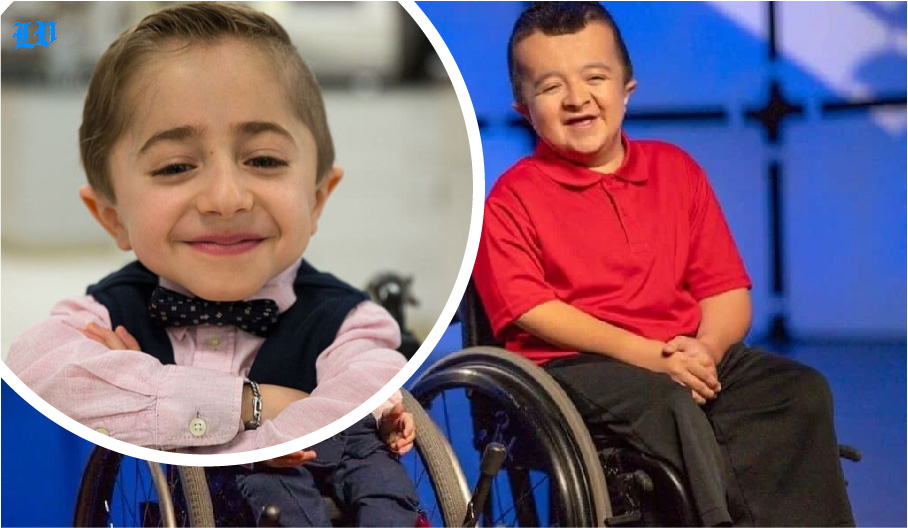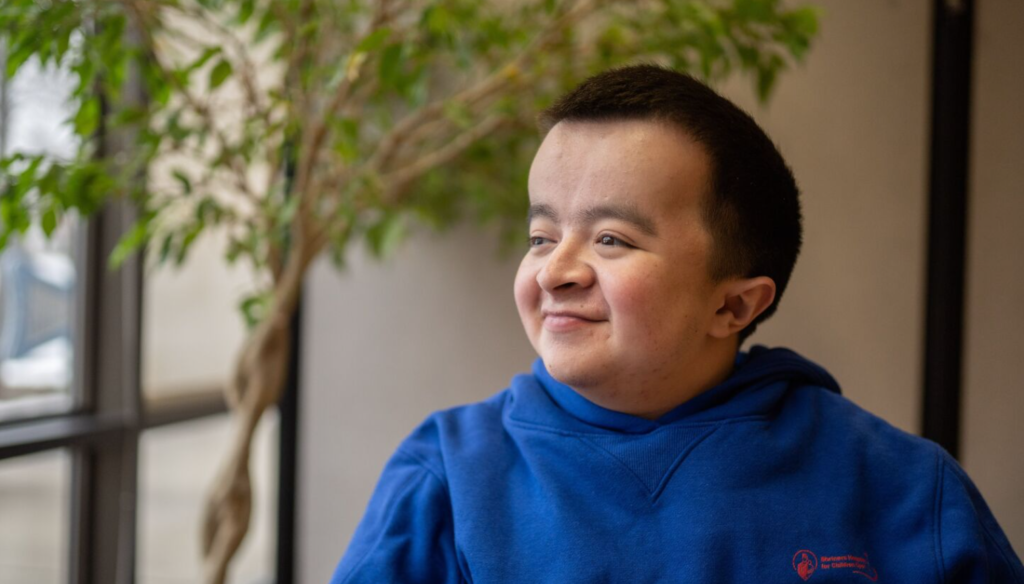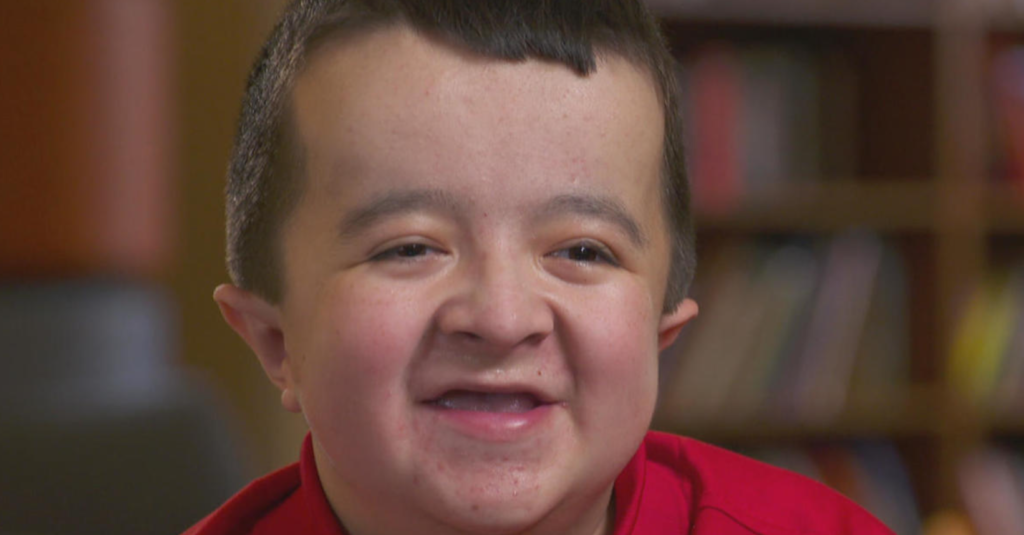LifeStyle
do alec and kaleb get paid for commercials
Published
3 months agoon
By
Steve
Understanding the Journey of Alec and Kaleb
In recent years, the adorable duo Alec and Kaleb have captured the hearts of millions across the globe. Their infectious energy, heartfelt messages, and undeniable charm have made them household names, especially within the realm of commercials and advertisements. As their popularity skyrockets, many are left wondering: Do Alec and Kaleb get paid for commercials? This question is not just a fleeting thought but a genuine curiosity for those who follow their journey and those interested in the world of child actors in commercials.
The Rise of Alec and Kaleb
Before diving into the specifics of their compensation, it’s important to understand how Alec and Kaleb became such prominent figures in the advertising industry. Alec and Kaleb gained fame through their association with the Shriners Hospitals for Children. These hospitals have long been dedicated to providing specialized care for children with various conditions, and Alec and Kaleb became the faces of the organization’s outreach efforts.

Alec, known for his bright smile and positive attitude, and Kaleb, with his charismatic personality, both suffer from medical conditions that have required extensive treatment at Shriners Hospitals. Despite their challenges, they’ve used their visibility to spread awareness about the incredible work done by the hospital and the importance of donations. Their appeal lies in their genuine connection to the cause, making them ideal representatives in commercials that seek to tug at the heartstrings and encourage support.
The Role of Child Actors in Commercials
When discussing whether Alec and Kaleb get paid for commercials, it’s crucial to consider the broader landscape of child actors in advertising. In the United States, child actors are often compensated for their work, and there are strict regulations governing how they are paid and how their earnings are managed. The Coogan Law, for example, mandates that a portion of a child actor’s earnings be set aside in a trust until they reach adulthood, ensuring their financial security.
However, the situation with Alec and Kaleb is somewhat unique. Unlike traditional child actors who may appear in various commercials for different products, Alec and Kaleb are primarily associated with a charitable organization. Their appearances are not just about promoting a product but are deeply tied to a cause they personally benefit from.
Do Alec and Kaleb Get Paid for Commercials?
Now, to address the main question: Do Alec and Kaleb get paid for commercials? The answer is a bit complex. While it’s clear that Alec and Kaleb have become the faces of Shriners Hospitals’ fundraising efforts, the nature of their involvement is more altruistic than commercial.

In many cases, individuals who appear in commercials for charitable organizations do not receive traditional payment. Instead, their participation is often considered voluntary, especially when they have a personal connection to the cause. For Alec and Kaleb, their work in these commercials is closely tied to their own experiences as patients at Shriners Hospitals. It’s likely that they receive some form of compensation, possibly in the form of contributions to their medical expenses, educational support, or other benefits rather than a direct paycheck.
Moreover, the purpose of their appearances is to generate donations for the hospital rather than to profit directly from their image. This is a key distinction from traditional advertising work, where the primary goal is to sell a product and the actors are paid accordingly.
The Ethics of Paying Child Representatives in Charity Commercials
The question of whether Alec and Kaleb get paid for commercials also touches on broader ethical considerations. Is it right to compensate child representatives in charity commercials, or should their work be entirely voluntary? There are arguments on both sides.
On one hand, paying children like Alec and Kaleb for their appearances could be seen as an acknowledgment of the value they bring to the organization. Their ability to connect with audiences and inspire donations is undeniable, and compensation could be viewed as a fair exchange for their time and effort.
On the other hand, since the primary goal of these commercials is to raise funds for a charitable cause, some argue that payment could detract from the purity of the message. If viewers knew that Alec and Kaleb were being paid for their appearances, it might change the way they perceive the commercials and the motivations behind them.
Behind the Scenes: How Commercials with Alec and Kaleb are Produced
Another interesting aspect to consider is how these commercials are produced and the level of involvement Alec and Kaleb have in the process. Typically, creating a commercial involves a lot of preparation, including scripting, filming, and editing. For child actors, this can be a time-consuming and sometimes challenging experience.
Given their personal connection to the cause, it’s likely that Alec and Kaleb have a say in how they are portrayed and what messages they convey. Their comfort and well-being are undoubtedly prioritized during the production process, ensuring that they are not overburdened by their roles.
Additionally, the emotional weight of these commercials cannot be ignored. For Alec and Kaleb, speaking about their experiences and encouraging others to donate is not just a job but a deeply personal mission. This emotional connection adds another layer to the discussion of whether they should be compensated.
The Impact of Alec and Kaleb’s Commercials
Regardless of whether Alec and Kaleb are paid for their appearances, there is no denying the impact they have had. Their commercials have helped raise significant funds for Shriners Hospitals, ensuring that other children can receive the same level of care they have benefited from.
The public’s response to Alec and Kaleb’s commercials has been overwhelmingly positive. Viewers are not just moved by their stories but also inspired to take action, whether by donating to the hospital or spreading awareness of its work. In this sense, Alec and Kaleb’s contributions go far beyond what can be measured in dollars and cents.
Conclusion: The Value of Alec and Kaleb’s Contributions
In conclusion, while the exact details of whether Alec and Kaleb get paid for commercials may not be publicly available, it’s clear that their involvement is about much more than financial gain. Their appearances in commercials are driven by a deep personal connection to the cause and a genuine desire to make a difference. Whether or not they receive traditional payment, Alec and Kaleb have undoubtedly earned the admiration and respect of millions for their bravery, resilience, and dedication to helping others.
As we consider the role of child actors in advertising, particularly in the context of charitable organizations, it’s important to recognize the unique circumstances of Alec and Kaleb. Their story is a reminder that sometimes, the greatest rewards are not monetary but are found in the lives we touch and the hearts we inspire.

Nikki Rodriguez: Rising Star in the World of Acting

Sara Saffari: Rising Star in the World of Internet Fame

Charlie Bushnell Rising Actor Shaping Hollywood’s Future

Kevin AMF Rising Singer Captivating the Music Industry

Lilly Margaret Brant: Stephanie Seymour’s Remarkable Daughter

Tara Yummy: Age, Height, and Dating Life Revealed

Omikaye Phifer: Exploring the Life of Mekhi Phifer’s Son

Merrianne Jessop: Life as Warren Jeffs’ Youngest Wife

Joe Biden’s Net Worth How the 46th U.S. President Built His Wealth

Harlow Olivia Calliope Jane Daughter of Patricia Arquette and Hollywood Legacy

The Black Hamptons: Exploring the Drama and Luxury of BET’s Hit Series

Ant Anstead: From Car Expert to TV Star and Entrepreneur

Who is Kevin Selleck? Latest Update on His Marriage and Relationship with Wife Annabelle Selleck

Who is Shane Deary? Inside Keri Russell’s Relationship with Her Ex-Husband

Billie Eilish Stuns in Gothic-Futuristic Look at Met Gala 2024

Who is Roan Howard Cassidy? Meet Shaun Cassidy’s Talented Son

Who is Dream Cazzaniga? Donyale Luna’s Daughter and Her Legacy in 2023

Who is Gary Phillip Spector? Meet Ronnie Spector’s Son and His Story

Is Temu Legit? A Complete Guide to the Shopping Platform’s Safety and Reliability

Despacito Meaning: Unpacking the Lyrics and Cultural Impact

Nikki Rodriguez: Rising Star in the World of Acting

Sara Saffari: Rising Star in the World of Internet Fame

Charlie Bushnell Rising Actor Shaping Hollywood’s Future

Kevin AMF Rising Singer Captivating the Music Industry

Lilly Margaret Brant: Stephanie Seymour’s Remarkable Daughter

Tara Yummy: Age, Height, and Dating Life Revealed

Omikaye Phifer: Exploring the Life of Mekhi Phifer’s Son

Merrianne Jessop: Life as Warren Jeffs’ Youngest Wife

Joe Biden’s Net Worth How the 46th U.S. President Built His Wealth

Harlow Olivia Calliope Jane Daughter of Patricia Arquette and Hollywood Legacy
Trending
-

 Celebrity4 months ago
Celebrity4 months agoNecati Arabacı: Net Worth, Biography, and More
-

 Celebrity5 months ago
Celebrity5 months agoDiscovering Lily Phillips: An Insight into Her Life and Career
-

 Celebrity5 months ago
Celebrity5 months agoParker Schnabel’s Girlfriend: A Comprehensive Look at His Relationships Over the Years
-

 Celebrity5 months ago
Celebrity5 months agoChristina Trevanion: Career, Personal Life, and More
